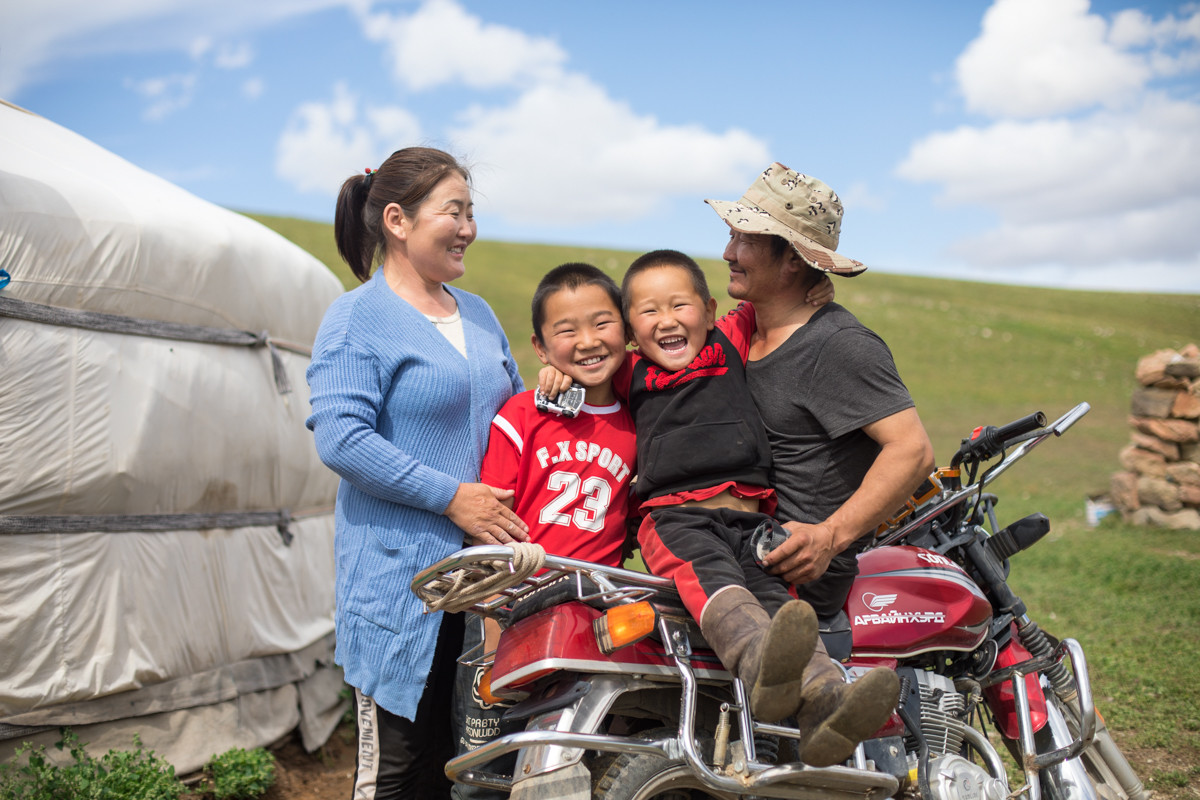Mongolia-based Research Project Presented to Global and Regional Experts
Published: Sep 24, 2021 Reading time: 3 minutes Share: Share an articlePress Release

BANGKOK, Thailand – The Mongolia-based CashEval research project team show-cased their key methodological approach for conducting a rigorous impact evaluation of early action cash transfers to experts from across Asia and the Pacific.
The project team, financed by the German Federal Foreign Office, introduced their collaborative impact evaluation research project to the Asia-Pacific Regional Cash Working Group (RCWG). This working group of experts and practitioners provided support and enhanced the capacity of various implementers and stakeholders providing cash and voucher assistance as a humanitarian response. Presenting the CashEval Project was a great opportunity to show-case the innovative research happening in Mongolia to improve humanitarian response. RCWG is co-chaired by the World Food Program, UN Office for the Coordination of Humanitarian Affairs, and International Federation of Red Cross.
People in Need Mongolia (PIN) INGO and the Postdam Institute for Climate Impact Research (PIK), together with the National Statistics Office in Mongolia are working together on the Early Action Cash Transfers to Households Threatened by a Weather Disaster Research Project, also known as CashEval.
“Interesting dialogues took place among the meeting participants on our randomized, controlled trial approach that we used to quantify the effectiveness of early action cash transfers in our joint CashEval project. Many stakeholders expressed their interest in the ‘Targeting and Transfer Value Tool’ that we will develop as part of the CashEval project. The TTV tool will allow guiding stakeholders to define the optimal amount of cash assistance given to households in future extreme weather events. We believe that the outcomes of our joint project will provide new empirical evidence, practical and user-friendly policy instrument, which we hope will contribute to advancing early action responses.” - Dr. Kati Krähnert, Potsdam Institute for Climate Impact Research
About People in Need (PIN): PIN INGO launched programming in Mongolia in 2009, when it provided emergency assistance to herders affected by severe winter conditions (dzud). Aside from providing humanitarian assistance, more than 20 projects have been successfully implemented as of today to support sustainable livelihoods, health, education, and the environment.
About Potsdam Institute for Climate Impact Research (PIK): PIK is a publically-funded research institute based in Germany founded in 1992, and is a member of the Leibniz Association. PIK is one of the world's leading organizations studying the effects of global climate change and making new discoveries and solutions for a sustainable future. At PIK, the research project is carried out by the FutureLab Inequality, Human Well-Being and Development.
For media inquiries, contact Ms Nomin Munkhjargal, Partnerships Manager, People In Need: nomin.munkhjargal@peopleinneed.cz



